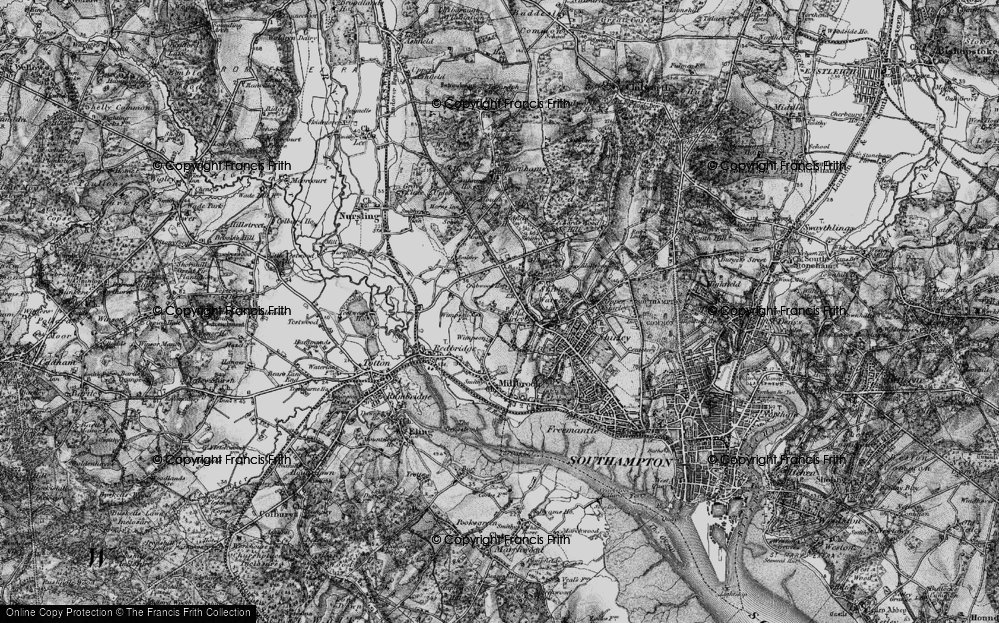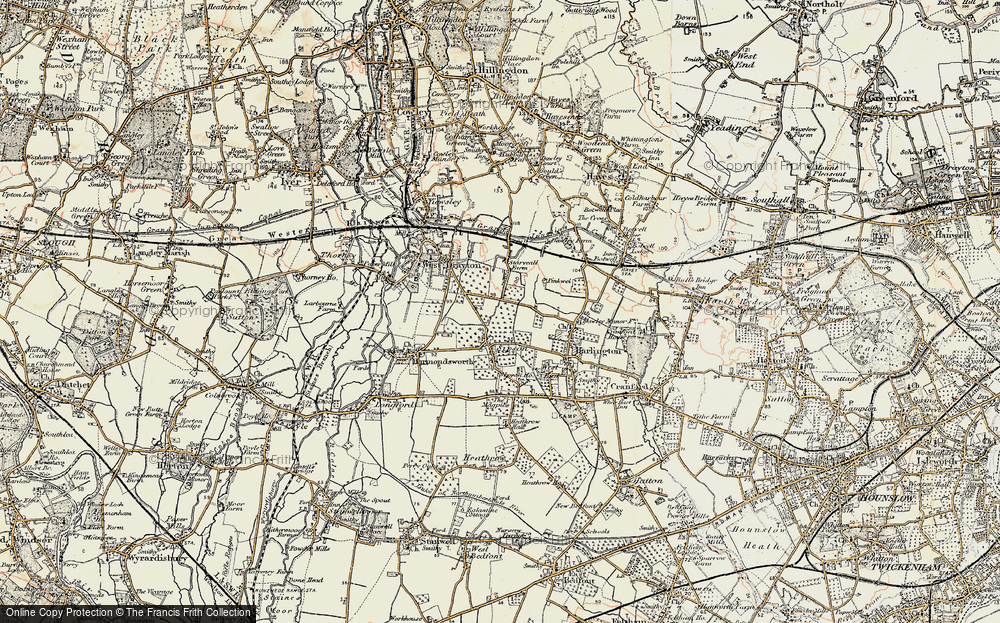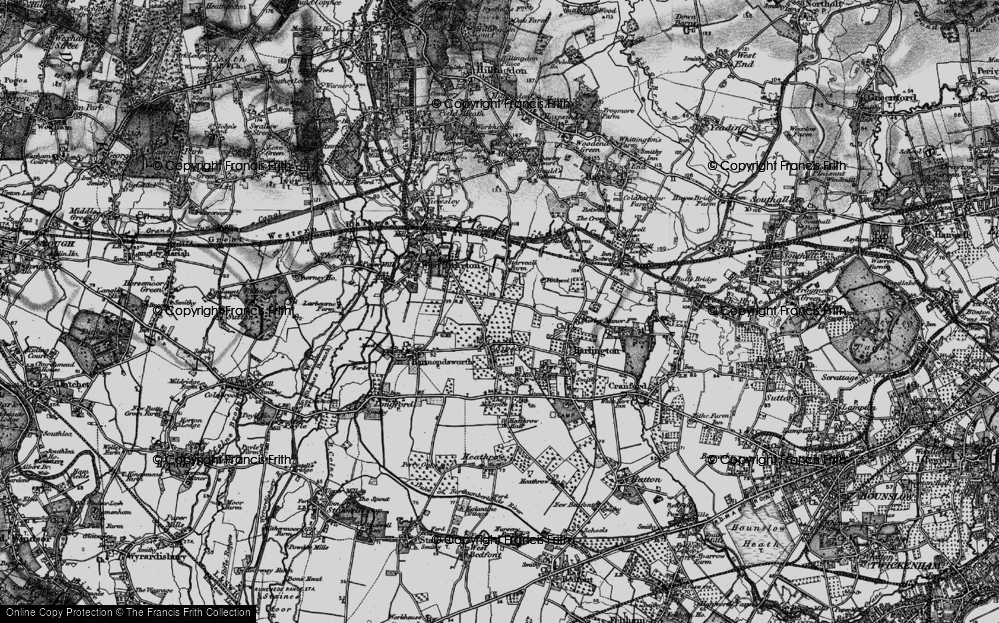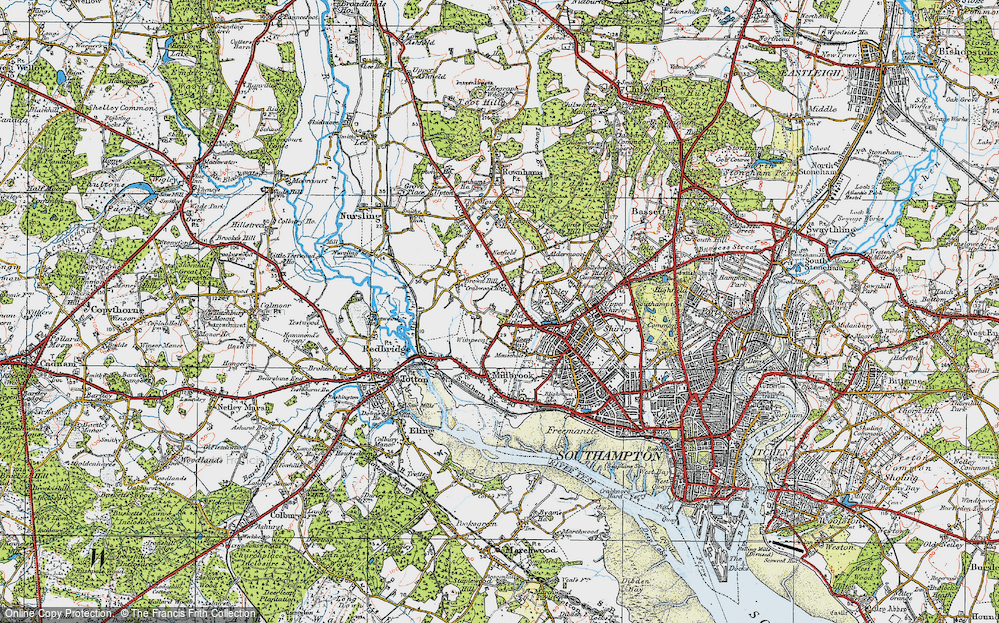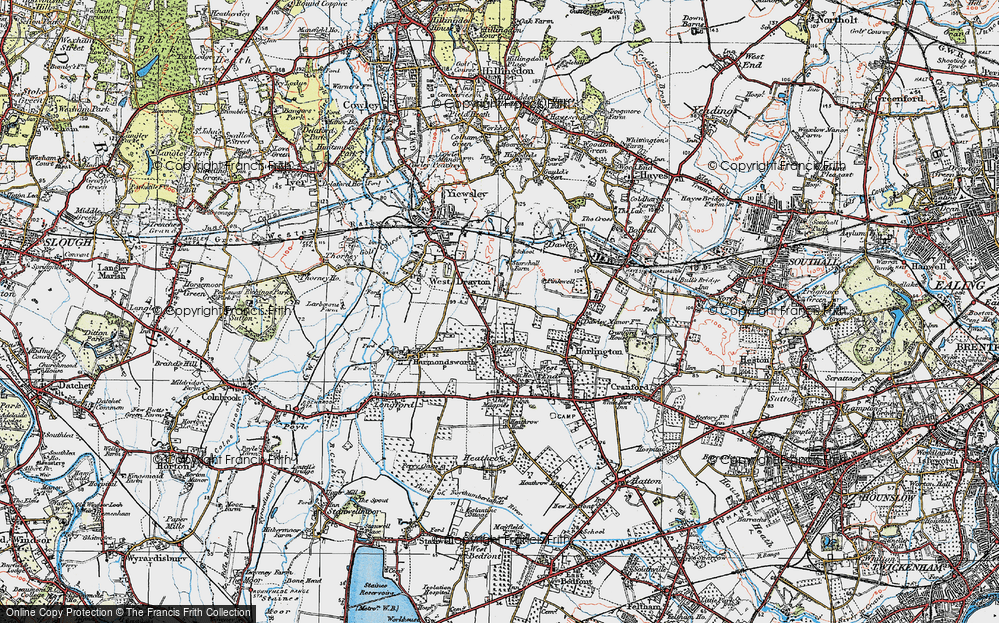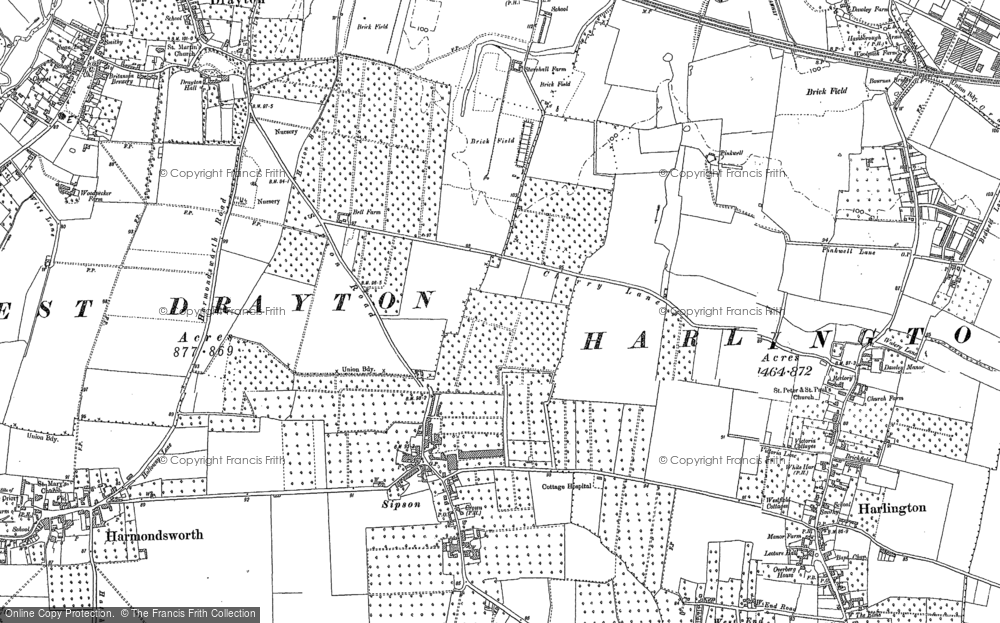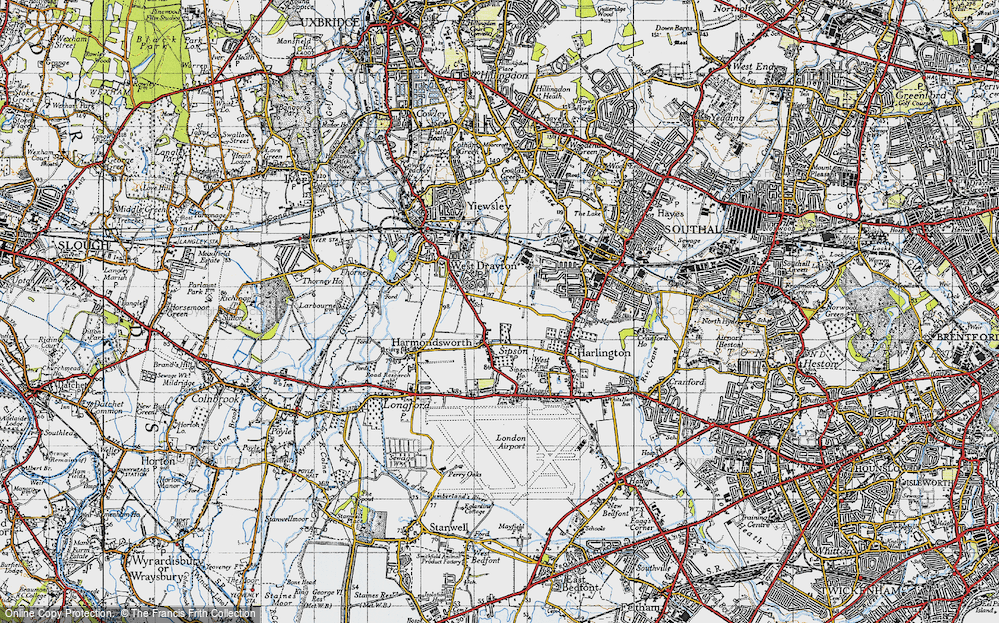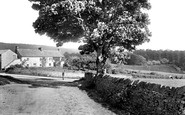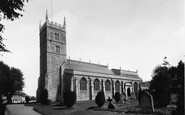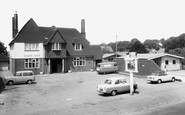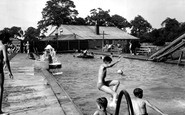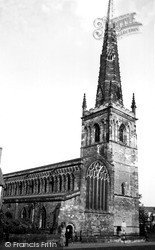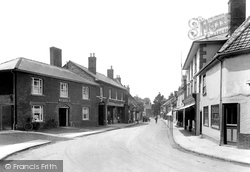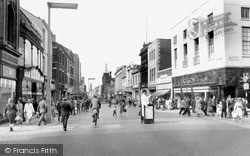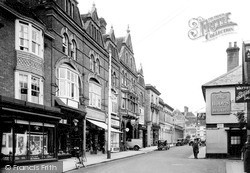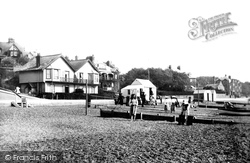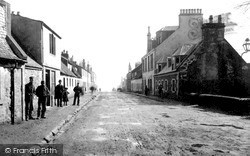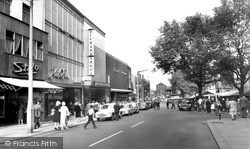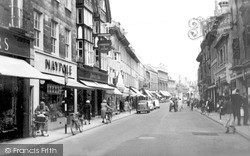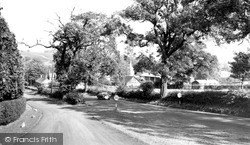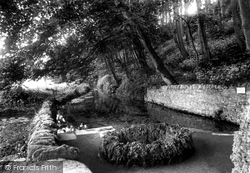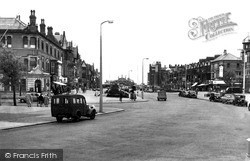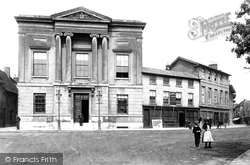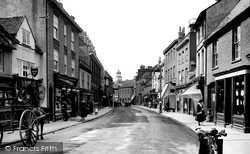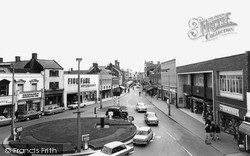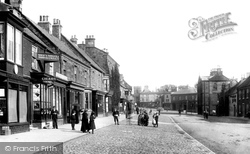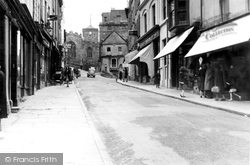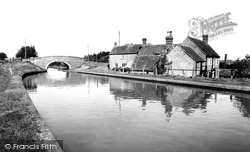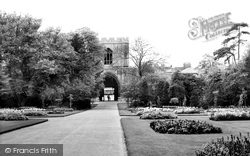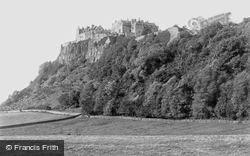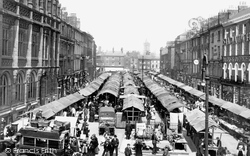Places
4 places found.
Those places high-lighted have photos. All locations may have maps, books and memories.
Photos
10 photos found. Showing results 21 to 10.
Maps
27 maps found.
Books
Sorry, no books were found that related to your search.
Memories
148 memories found. Showing results 11 to 20.
Childhood Holidays
I will never know why, but we used to take the train to Lundin Links, and then taxi to Lower Largo. I don't know when these holidays started (I was born in 1957 and there are certainly photos of me around 3 years old). ...Read more
A memory of Lower Largo in 1965 by
Home Farm Marske
Home Farm has been in the Simpson family for many generations. My family and I spent many happy holidays over the years with my aunt and uncle, Lena and Maurice Simpson. I have such wonderful memories of haymaking, milking cows etc, ...Read more
A memory of Marske in 1951 by
Lathems Timber Yard
I worked for Latherm Brothers timber yard in Simpson Road in 1952 then went on to work for M.A Cooks & Sons making paint brushes etc. I now live in Norwich.
A memory of Bletchley by
Living In Old Cullercoates
My grandparents lived in Simpson Street and auntie in Elizabeth Street. I am wondering if anyone remembers Garden Terrace, and the old school in John Street where my grandma worked? My grandfather was killed aboard the ...Read more
A memory of Cullercoats in 1965 by
Hetheringtons
As a boy I lived at 108 Moresby Parks with my family. I was from a large family, 4 brothers and one sister. We moved there in 1976 to 2006, it was a wonderful place to live and still is today. My childhood memories are of playing ...Read more
A memory of Moresby Parks in 1976 by
Penn View 1941
I was born in Wincanton in 1941, at 55 Penn View. I went to Noth Street School and had a wonderful time there. Wish it still was...but that was my young days. I used to watch the horse raising from the back window of the house. I was ...Read more
A memory of Wincanton in 1950 by
Childhood Memories
I was born in Ashgrove, lived there for 21 years with my mum and dad (Lily & Jimmy Arthur) or 'English Jimmy' as he was sometimes called - my dad was a great dad. He took us on walks to McKendricks farm & up through the ...Read more
A memory of Methilhill in 1954 by
Padnell Avenue Etc.
We were the first family to move into the newly built Padnell Avenue Council Estate, moving there in around 1947, our house was one of a pair on the corner of Winscombe Avenue. Where the Council flats are now situated was prefabs ...Read more
A memory of Cowplain by
Down The Slide And Off The Diving Boards
I was a grateful and keen swimmer as a child at the village. It was a delight to go and spend long summer days at Martins pool. I taught myself to swim dive and nearly drown. Many of my friends ...Read more
A memory of Waltham St Lawrence in 1957 by
Brentford
What wonderful memories of Brentford. My name was Dorothy Pearce I lived in Netley Road with sisters Beryl and Hazel and brothers Richard and Philip. My Nan lived in Potteery Road next door to Edie Joyce. The Shepherds lived opposite ...Read more
A memory of Brentford in 1943 by
Captions
54 captions found. Showing results 25 to 48.
The north aisle and stubby chancel were added by local architects Harry Roberts and John Woodhouse Simpson in 1895. The interior is not without interest.
To the right with the awning are Charles Brown, tailor, with a shop front of 1888, Charles Stebbing, shoemaker, and Simpson's Printing Works, where the Mildenhall Almanac and Directory was published from
Stylo Shoe Shop, John Collier ('the window to watch'), Richard Shops and Stead & Simpson are among the many varied shops facing the Market.
Next but one is Stead and Simpson's shoe shop and Dewhurst the butchers, then Cleale's garage with its Ford and AA signs.
The stay of Mrs Simpson, the future wife of the Duke of Windsor, at Beach House is commemorated in the modern tea room in the old stables.
On the steeple of the church is a statue of Habbie Simpson, a well-known piper of the late 16th century.
Stylo Shoe Shop, John Collier ('the window to watch'), Richard Shops and Stead & Simpson are among the many varied shops facing the Market.
Stead & Simpson's are next door to what was Maypole (left) but now is the Edinburgh Wool shop, and Walkers Books are now beyond in what was Parrish & Son, clothiers.
Stead & Simpson's are next door to what was Maypole (left) but now is the Edinburgh Wool shop, and Walkers Books are now beyond in what was Parrish & Son, clothiers.
The Leicester architects Harry Roberts and John Woodhouse-Simpson added the north aisle and chancel in 1859.
The Leicester architects Harry Roberts and John Woodhouse-Simpson added the north aisle and chancel in 1859.
Its most notable visitor of the early 20th century, the Prince of Wales, drank its water and made his wish long before Mrs Wallis Simpson ended his brief reign as King Edward VIII.
The Midland Bank is on the left, with Stead & Simpson's shoe shop next door. Wide streets denote a planned town.
To the right in Old Market is the general furnishers and ironmonger's of John Simpson, with an advert for Singers and Norwich Union outside.
More change and continuity: the three-storey building with the four lamps is still a shoe shop, Stead and Simpson, rather than Freeman, Hardy & Willis, but the cycle shop on the left, festooned with tyres
Penningtons and the Scotch Wool Shop (right) are now Boots, Martins Bank beyond is now Barclays, and the Co-op (beside Fine Fare) is now Stead & Simpson's.
Penningtons and the Scotch Wool Shop (right) are now Boots, Martins Bank beyond is now Barclays, and the Co-op (beside Fine Fare) is now Stead & Simpson's.
Next to Page's we find Mr Simpson, a tobacconist, then Brunton's the pork butchers and Scott's the grain and seed merchants.
A branch of Stead and Simpson, a shoe shop, is on the right directly opposite Cash & Co, also a shoe shop. Below and to the right of St Mary's Church we can see the gable end of the Old Post Office.
Likewise, Blecca had his field or 'lea' in modern Bletchley, Sigewine his place or 'tun' in Simpson, and Walla his 'tun' in Walton; and Brede found a most convenient 'wella' of water at Bradwell
Thirteen miles of this proposed trade route would pass through Fenny Stratford, Simpson, Woughton, the Woolstones, Great Linford and Wolverton.
Excavations were carried out on the Chapter House in 1902, when the graves of five Abbots, including that of Abbot Sampson, were discovered.
The Constable, John Sampson, was eventually forced to surrender.
This crowded scene shows the stalls sited on Parliament Street in St Sampson's Square. The market was moved to nearby Newgate in 1955.
Places (4)
Photos (10)
Memories (148)
Books (0)
Maps (27)




